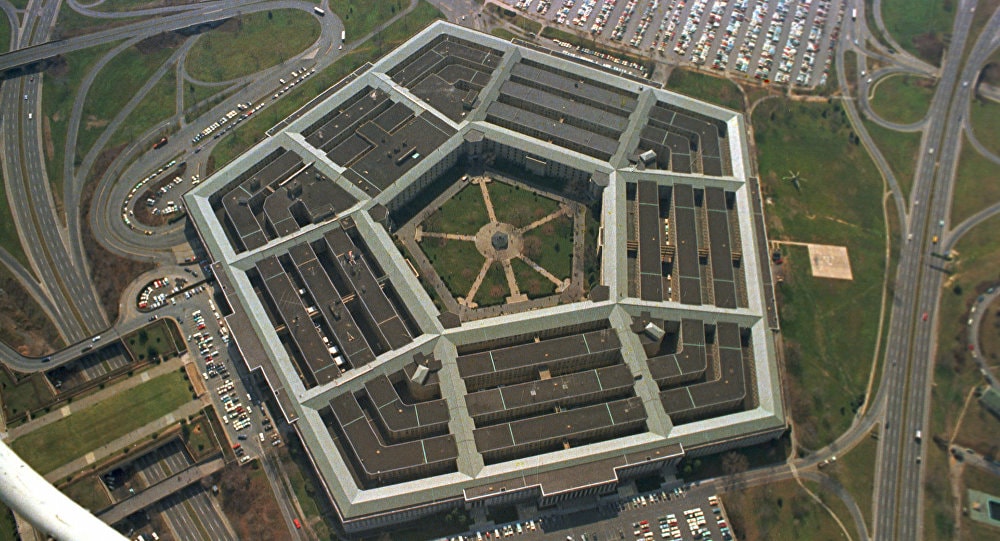US puts Russia at the center of new nuclear doctrine
The United States has just released a new nuclear doctrine that paints the world in much bleaker tones than its previous similar document. The doctrine places Russia at the center of the action, although all the usual suspects, such as China, Iran, and North Korea, are mentioned in the document.
 |
| Pentagon |
"Russia's potential increases"
US Defense Secretary James Mattis explained why the country focused on Russia in the new doctrine. "This is a response to the development of Russia's potential, a reaction to the nature of their strategy and doctrine," - Secretary Mattis said. According to him, "Russia has definitely returned to the competition of great powers."
Noting the role of small-sized nuclear munitions, the document asserts that this is something that will be done in response to similar moves by other countries, including Russia.
"Today, Russia is modernizing its nuclear weapons as well as other strategic systems. Even more unsettling is the application of Russia's military strategy, which envisages achieving success through the expansion of its nuclear capabilities," - the document emphasizes.
The US accused Moscow of "threatening to be the first to use a limited nuclear strike, mistakenly expecting that a forced nuclear threat or a limited first strike could paralyze the United States and NATO, thereby ending the conflict on Russia's terms," the doctrine states.
"Instead, Russia needs to understand that any first use of nuclear weapons, no matter how limited, will not achieve its goals, but will fundamentally change the nature of the conflict and cause Moscow incalculable and unbearable costs. The US strategy will create conditions for Russia to realize that any use of nuclear weapons, even limited, is unacceptable," the document says.
China
The US is less worried about China: "China is also upgrading and expanding its nuclear forces significantly. Like Russia, China is producing entirely new nuclear weapons, designed to achieve specific national security objectives, as well as promoting the modernization of conventional weapons, thus posing a challenge to traditional US military superiority in the Western Pacific region," - the new doctrine stated.
DPRK
"North Korea has stepped up its provocative efforts to acquire nuclear weapons and missiles, thus also embodying a concrete threat of using nuclear weapons against the United States and its allies in the region. North Korean politicians insist that they will not give up nuclear weapons, and in just a few months there will be the possibility of North Korea launching a nuclear missile strike on the United States," - the doctrine predicts.
"The United States affirms: North Korea's illegal nuclear program must end, once and for all, in a manner that can verify the results," - the doctrine states.
Iran
Iran and its nuclear program continue to be a cause of concern for the United States.
"Iran continues to invest in the largest missile program in the Middle East, and in the future could threaten with nuclear weapons. Iran is also developing other non-nuclear military capabilities, including cruise missile systems and cyber warfare capabilities for offensive operations. Iran may also continue to invest in chemical and biological weapons," - the document said.
It is noted that there are many limitations within the framework of the Joint Comprehensive Plan of Action (JCPOA) on Iran's nuclear program, which will expire in 2031.
"Iran is reserving the technological capabilities necessary to develop nuclear weapons within one year of the decision. Iran's development of large long-range ballistic missiles goes hand in hand with its aggressive strategy and actions aimed at destabilizing neighboring countries, raising questions about its long-term commitment to abandon the development of nuclear weapons," - the doctrine stated.
"Iran views US influence in the Middle East as its main threat. Iran's goal is to consolidate its position as a leading force in the region. Iran intends to increase its influence with neighboring countries and counter US influence. This goal directly threatens US allies and partners," the new doctrine states.


